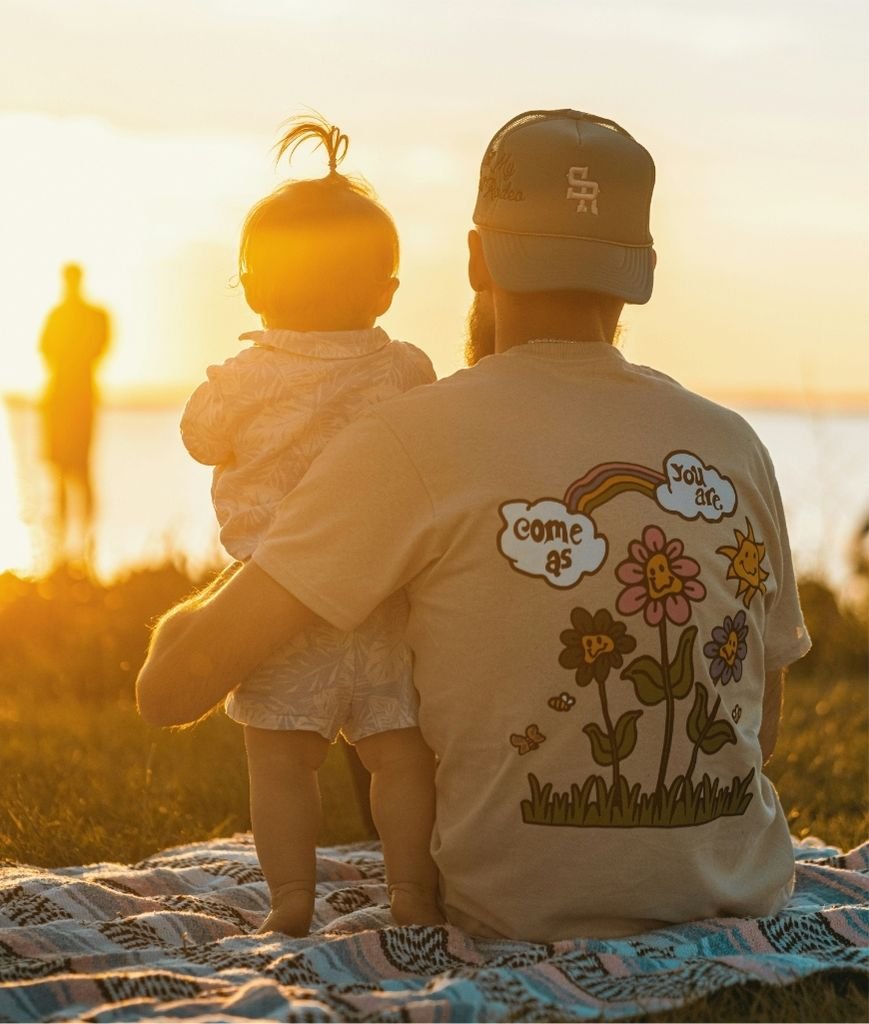Supporting Dads in Therapy: The Importance of Mental Health
Why therapy designed for dads?
As a dad to two young kids (ages 3 and 1), I understand firsthand how intense and identity-shifting fatherhood can be. Over the past few years, I’ve been working, finishing my master’s degree, maintaining a marriage, and trying to stay socially connected — all while navigating the relentless demands of parenting. Before becoming a therapist, I was a filmmaker. But when my wife and I got pregnant with our first child, something in me shifted. I knew I had to get my “ass into gear,” as a friend once put it — and that meant reorienting my life toward something deeper. I followed the pull toward this work, not just as a career change, but as a calling rooted in fatherhood itself.
When a dad comes to therapy for the first time, the most important thing I do is simply listen and witness him. Early parenthood is often centered around the mother–baby dyad — and rightly so — but dads can get left behind, emotionally and relationally. I know this personally. I often become a dad’s first point of mental and emotional care. I ask how he’s sleeping, how he’s eating, how he’s actually coping. Together, we explore what’s surfaced in this massive life transition — and we often go deeper, doing inner-child work to connect with the part of him that may be feeling unseen or neglected. This opens up healing not just for the dad, but often for the whole family system.
This work matters deeply to me because I believe that when a father is suffering silently, the entire family feels it — and when he is supported, everyone benefits. I want dads to have tools, language, and practices that help them meet this chapter of life with resilience and care. I’ve seen what happens when a dad feels truly seen: relationships shift, emotions move, and healing becomes possible.
Therapy with dads often becomes a space of reparenting, of walking back toward the boy inside who also needed support. In the words of Ram Dass, “We’re all walking each other home.” I’m honored to walk with the fathers who find their way to this work.
Curious about therapy for dads? Learn more here →

